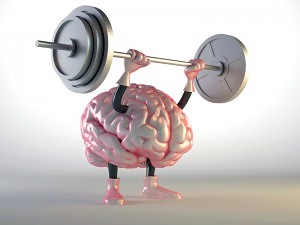->One thing we say repeatedly during our BrainFlex sessions is that age doesn’t matter when it comes to learning. Although it may take us a little longer to learn things, we are still able to learn throughout our lifetime. (Repetition is key!)
->Researchers across the globe agree that we are able to learn throughout our lifetime, which is what the term Brain Plasticity means. (We can grow new neural pathways as long as we are committed to doing so.)
->Most researchers also agree that we must make a concerted effort and remain committed to all of the components important to brain health if we are to experience the best outcomes from life-long learning.
These are: Exercise, Healthy Diet, Brain Stimulation, Social Connection, and in recent years, we’ve learned the importance of Good Sleep Patterns and having a Positive Attitude.
Although each of these important components are required to ‘age well’, for the purpose of bog chat, I’d like to focus on just one.
Exercise: This is one area of research where the positive impact on brain health is the most consistent and undeniable.
->Exercise improves our flow of oxygen throughout our body, which in turn, benefits both the body and the brain, including memory.
->Exercise has been shown in repeated studies to provide our brains with ‘fight’, some researchers describe this fight as ‘reverse aging’.
->Exercise creates an overall feeling of well-being through the release of ‘feel good’ chemicals. (neurotransmitters)
->Exercise increases the number of dendrites in the brain. Dendrites are extensions of our nerve cells. Their job is to receive electrical impulses from other cells and then communicate those messages to other parts of the brain cell.E
